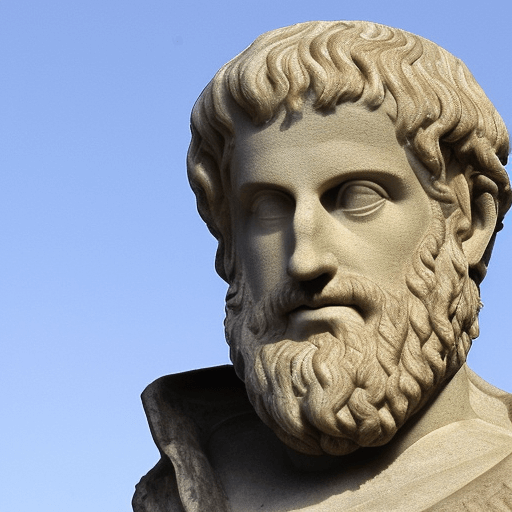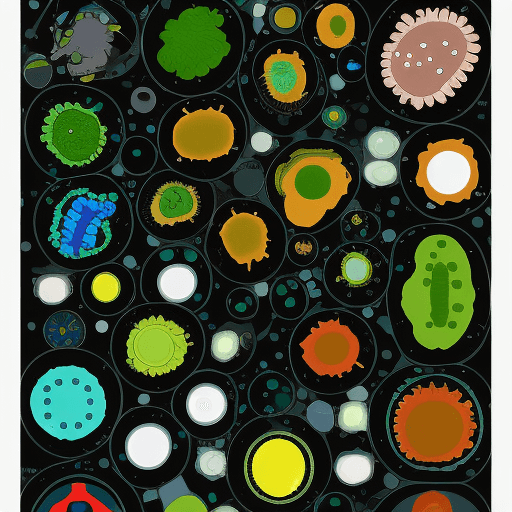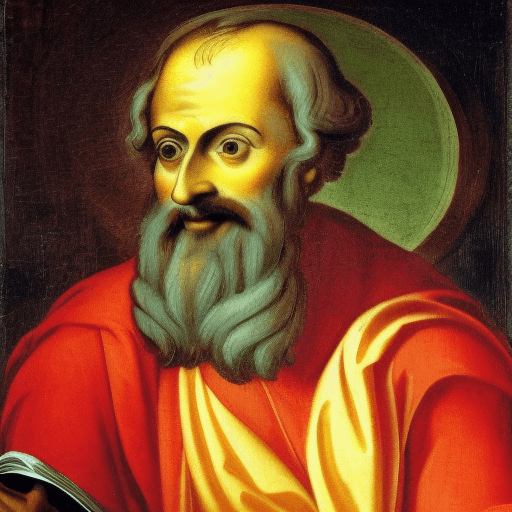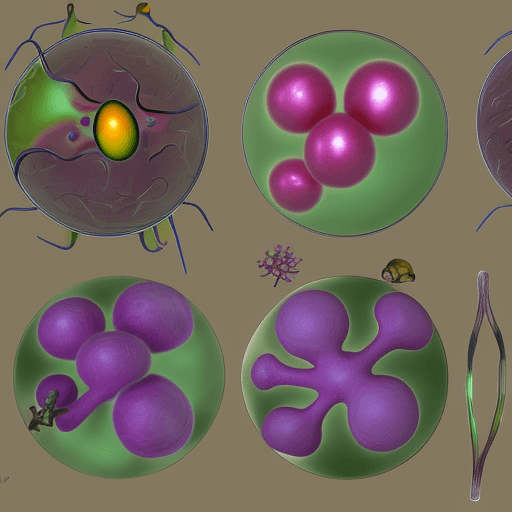The father of biology is considered to be a man named Aristotle.
He was born in 384 BC and lived until 322 BC.
Although he was not the first person to study biology, he is considered the father of science because of his extensive work on the topic.
He wrote about animals, plants, and the natural world in general.
His writings were so comprehensive that they remained the standard for many centuries.

Aristotle is considered the father of biology because he was the first to come up with a system for classifying living things.
Explain it to a child
Aristotle is considered the father of biology because he was the first to develop a systematic approach to studying plants and animals. He also made significant contributions to our understanding of physics, astronomy, and meteorology.
He also did a lot of groundbreaking research on the anatomy and physiology of plants and animals.
Aristotle’s ideas about biology were heavily influenced by his philosophy of naturalism, which held that everything in nature is interconnected and that there is a rational order to the universe.
This outlook led him to believe that all living things are governed by universal laws, which can be discovered through scientific observation and reasoning.
Who was the father of biology and what did he do to earn this title
The father of biology is Aristotle.
He was a Greek philosopher who lived from 384 BC to 322 BC.
Aristotle is considered the father of biology because he was the first to develop a systematic approach to studying plants and animals.
- He also made significant contributions to our understanding of physics, astronomy, and meteorology.
- In addition, Aristotle’s work on logic and rhetoric had a lasting impact on Western philosophy.
While Aristotle’s ideas were eventually eclipsed by the works of other thinkers, his contributions to the field of biology are undeniable.
How did Aristotle’s work lay the foundation for modern biology

Aristotle is one of the most renowned thinkers in history, and his work has had a profound impact on many different fields.
In particular, his contributions to biology were groundbreaking and laid the foundations for much of modern thought in the field.
Aristotle believed that all living things could be classified into distinct categories, based on their shared characteristics.
This was a major departure from the previous belief that all plants and animals were created by God and thus could not be divided up in this way.
- Aristotle’s work also helped to establish the idea of taxonomy or the scientific classification of living things.
- This is still used today as a way of organizing and understanding the vast diversity of life on Earth.
- In addition, Aristotle’s studies of anatomy and physiology were incredibly insightful and provided valuable insights into the way that living things function.
He was also one of the first to propose the theory of evolution, which is now central to our understanding of biology.
In many ways, then, it is clear that Aristotle’s work laid the foundation for much of modern biology.
What are some of the most important contributions that Aristotle made to the field of biology?
Aristotle was one of the most important figures in the history of biology.

His writings on the natural world were influential for centuries, and his ideas laid the foundation for many of the principles that we still use today.
Aristotle made significant contributions in a number of different areas, including anatomy, physiology, and classification.
Anatomy was one of Aristotle’s main interests, and he made many important discoveries in this field.
He was the first to correctly identify the heart as the organ responsible for pumping blood around the body, and he also made detailed observations of other organs and systems.
His work laid the foundations for our modern understanding of human anatomy.
Aristotle was also interested in physiology, and he made several important breakthroughs in this area. He correctly identified veins as being responsible for carrying blood around the body, and he also proposed that respiration is essential for life.
- His work on physiology helped to lay the foundation for our modern understanding of how the human body works.
- Finally, Aristotle made important contributions to classification.
- He was the first to develop a system for classifying plants and animals, and his work served as the basis for our modern system of taxonomy.
He also made significant progress in understanding evolution, and his ideas laid the groundwork for Darwin’s theory of natural selection.
What is the legacy of Aristotle’s work on biology?

Aristotle’s legacy in the field of biology is both significant and far-reaching.
His philosophy of teleology, which posits that all organisms are striving for a final purpose or goal, deeply influenced the study of biology for centuries.
Even today, his ideas about purpose and function continue to be major factors in scientific inquiry.
In addition, Aristotle’s careful observations and classification of plants and animals laid the foundation for modern taxonomy.
His work on physiology and anatomy was also highly influential, and his claim that all living things share a common set of characteristics is still widely accepted today.
In short, Aristotle’s legacy in biology is evident in many ways, both in terms of theory and practice.
Aristotle’s beliefs about nature and how they influence his views on biology
Aristotle believed that there was a natural order to the universe and that everything had its own purpose.
This influenced his views on biology, as he believed that all organisms were designed to function in a specific way.
Aristotle also believed in the doctrine of the four elements, which stated that all matter was composed of air, earth, fire, and water.
This had a major impact on his scientific thinking, as he attempted to explain the observed functions of various organisms by reference to the elements they were made of.
However, Aristotle’s views on biology were not always accurate; for example, he did not believe in the concept of evolution and instead thought that each species was static and unchanging.
Nevertheless, his work greatly influenced the development of biology as a science and his ideas continue to be studied and debated by scientists today.
How does Aristotle compare to other fathers of science?
Aristotle is often considered one of the fathers of science, along with figures like Galileo and Isaac Newton.
However, Aristotle’s approach to science was radically different from that of his counterparts.
Whereas Galileo and Newton relied on careful observation and experimentation, Aristotle believed that scientific knowledge could be derived from reason and logic alone.
As a result, Aristotle’s work tended to be more theoretical in nature, while the work of Galileo and Newton had a more practical focus.
Nonetheless, Aristotle’s contributions to the field of science are significant, and his ideas continue to influence thinkers to this day.
As the father of biology, Aristotle laid the foundation for our modern understanding of the natural world.
Other “Father Of” Scientific Field Articles:
- Father of Botany
- Father of Zoology
- Father of Ecology
- Father of Bacteriology
- Father of Immunology
- Father of Biology
- Father of Physiology
- Father of Virology
- Father of Anatomy
- Father of Physics
Article Sources
Jacks of Science sources the most authoritative, trustworthy, and highly recognized institutions for our article research. Learn more about our Editorial Teams process and diligence in verifying the accuracy of every article we publish.